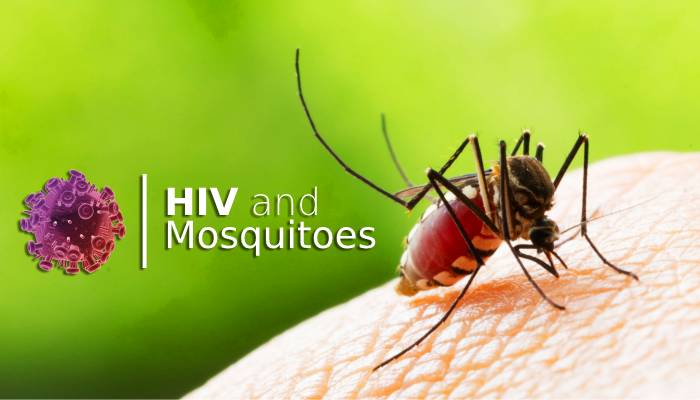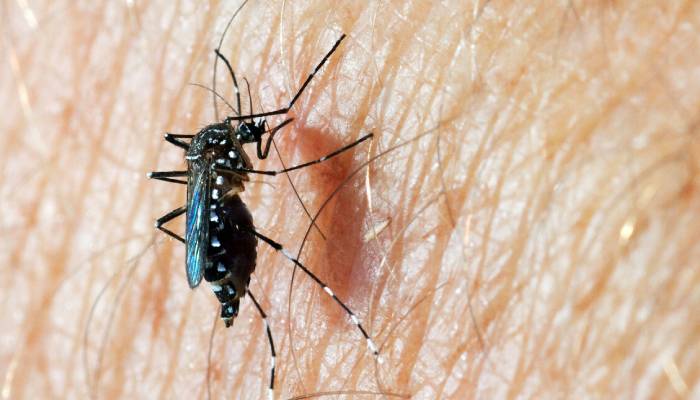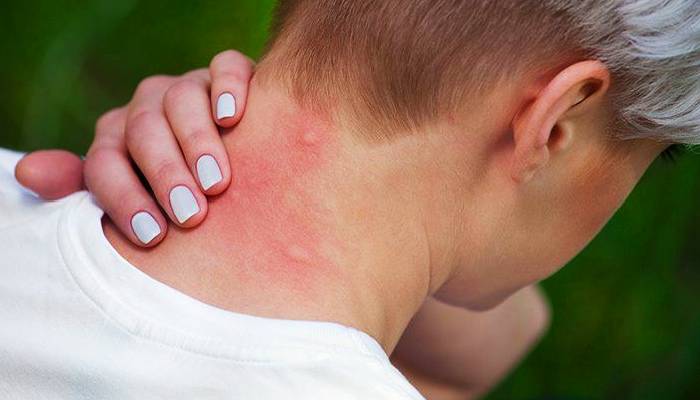
It is common knowledge that AIDS is easily transmitted if there is no care in contact with an infected person, such as unprotected sex as seen in porno movies, and there have even been some actors who have contracted the virus already in the adult entertainment industry.
But despite all this, there is now a lot of information available so that not only the infected person can lead a normal life, but also so that society doesn’t reject them and can accept and learn to deal with infected people in the most natural way possible. Still, there are many myths around this subject and the mosquito bite is one of them.
HIV does not spread via mosquito bites. In fact, it cannot even survive outside the human body for long periods of time. So how did we come to believe otherwise?
The answer lies in the history of the virus itself. When scientists discovered the cause of AIDS in 1983, they named it the Human Immunodeficiency Virus (HIV), because they believed it caused immunodeficiency or immune system failure. They thought it could only infect humans.
But in 1987, researchers found that monkeys infected with simian immunodeficiency virus (SIV)—a close relative of HIV—developed full-blown AIDS. From there, scientists began looking into whether SIV could be transmitted to people via blood transfusions and sexual contact.
They soon learned that it couldn’t. But what about mosquitoes? Couldn’t they carry the virus? Scientists tested this hypothesis in 1990 and found that they couldn’t.
So where did the idea that HIV spreads primarily through mosquito bites come from? Well, it turns out that the first person to suggest this was none other than Dr. Robert Gallo, the man who discovered HIV in 1983. He published his findings in 1991 in Science magazine.
However, those studies didn’t prove anything. For example, some of the mosquitoes used in the study weren’t actually feeding on people, they were just being fed on blood containing HIV.

Mosquitoes spreading viruses
Mosquitoes can spread a wide variety of diseases, including Zika, West Nile Virus, Dengue Fever, Malaria, Yellow Fever, Chikungunya, Japanese Encephalitis, Rift Valley Fever, and many others. But there is one disease that they do not seem to be capable of transmitting: HIV.
While some people believe that mosquitoes could potentially transmit HIV, scientists say that this is unlikely to happen. In fact, even if a mosquito is exposed, it cannot pass it along because its bites inject saliva into the skin, rather than blood. As a result, salvia does not contain enough of the human immune system cells necessary for HIV to survive.
Even if a mosquito did manage to bite someone with HIV, they would still need to give a lot of additional bites within the very brief window in which the virus lives in their bodies.
For a mosquito to pass on the virus from person to person, it would have to give a large number of bites over a relatively short period of time.
This makes it highly improbable that a mosquito could actually transmit HIV.

Just as a reminder
HIV can be transmitted via:
- Using no protection when having unprotected intercourse with someone who has HIV/AIDS.
- Sexually active people who have sex with someone who has HIV carry a risk of transmitting HIV, however
- Unprotected anal intercourse has a higher risk than unprotected vaginal intercourse.
- in unprotected anal sex among gay males, there is a greater risk for the receptive partner.
- Unprotected oral sex can also be risky for contracting HIV, but the risks are less than if you’re having anal or vaginal intercourse.
- Multiple sexual partners or the presence of other sexually transmitted diseases could increase the risk of contracting an STD during sex.
- Sharing needles, syringes, or other equipment used to prepare illicit drug injections
- Can be transmitted from mother to child during pregnancy, childbirth, or breastfeeding.
HIV cannot be transmitted through:
- Handshakes, hugs, and kisses
- Saliva or sweat
- Sharing foods, dishes, or drinks
- Clothing
- If you’re coughing or sneezing
- Conversation or social contacts
- Insect bites
- Using bathrooms
In conclusion, mosquitoes aren’t carrying HIV around. They carry malaria, which is another disease that has nothing to do with HIV. So if you want to protect yourself from contracting HIV, you shouldn’t worry about mosquitoes. Instead, focus on protecting yourself in your sexual activities.